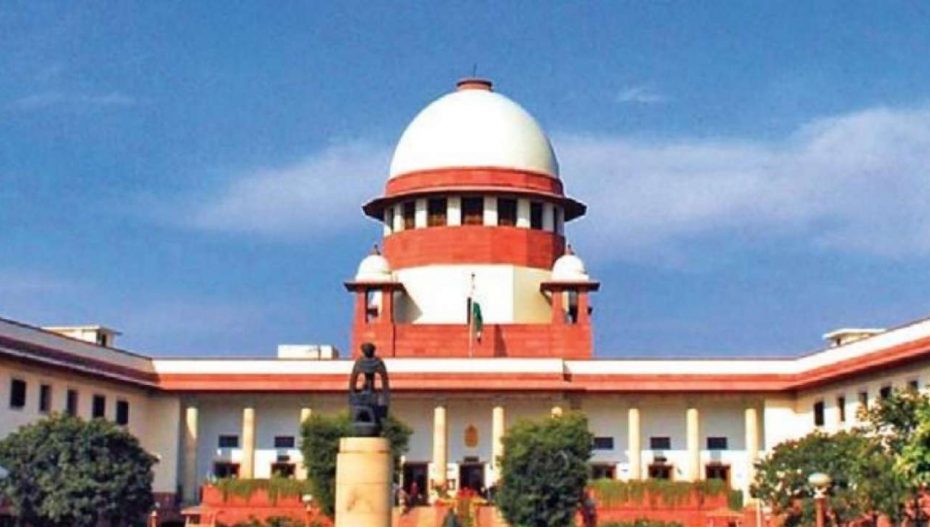Nearly a century after the British charged Mahatma Gandhi with ‘sedition’ in Ahmedabad in 1922, the Supreme Court of India on Thursday termed it ‘colonial’ even as it questioned its increasing ‘misuse’ by the Indian government.
The top court also asked the Centre why it was not repealing the penal law used by the British to silence people like Mahatma Gandhi and to suppress the freedom movement. Agreeing to examine the pleas filed by the Editors Guild of India and a former major general who have challenged the constitutionality of Section 124A (sedition) of the IPC, a bench headed by Chief Justice N V Ramana said its main concern was the ‘misuse of law’ and issued a notice to the Centre.
“Is it still necessary to keep this in statute even after 75 years of independence?” asked the bench that also comprised Justices A S Bopanna and Hrishikesh Roy.
The British government in colonial India in 1870 originally introduced the draconian law.
The non-bailable provision makes any speech or expression that brings or attempts to bring into hatred or contempt or excites or attempts to excite disaffection towards the Government established by law in India a criminal offence punishable with a maximum sentence of life imprisonment.
While appearing at the British court in Ahmedabad, Gandhi had termed the law “prince among the political sections of the Indian Penal Code designed to suppress the liberty of the citizen.” He was sentenced to six years in jail.
While the United Kingdom abolished its own sedition law in 2010, the anachronistic law continues to be enforced across the Indian subcontinent.
Observing that the provision on sedition has been put to enormous misuse, it also referred to alarming misuse of Section 66 A of the Information Technology Act even after the top court set it aside long back and observed: It can be compared to a carpenter asked to cut wood, but he cuts the entire forest.
The bench was hearing a fresh plea by a former army officer, Major-General S G Vombatkere (Retd), challenging the Constitutional validity of Section 124 A (sedition) of the IPC on grounds that it causes a “chilling effect” on speech and is an unreasonable restriction on free expression, a fundamental right.
A database by the Article 14 in February found that 96 percent of the sedition cases against 405 Indians were for criticizing the government and/or political leaders, and were registered after 2014 – when the Narendra Modi government came into power. The apex court also mentioned the low conviction rates under this law.
A factionist can invoke these types of (penal) provisions to implicate the other group of people, the CJI said, adding that if a particular party or people do not want to hear a voice, they will use this law to implicate others.
(With PTI inputs)
Supreme Court questions validity of ‘colonial’ sedition law, asks ‘is it still needed?’

You May Like
More From VOI
Copyright @ 2023 Vibes of India is a division of Virago Media Private Limited.
Write To Us
%d











